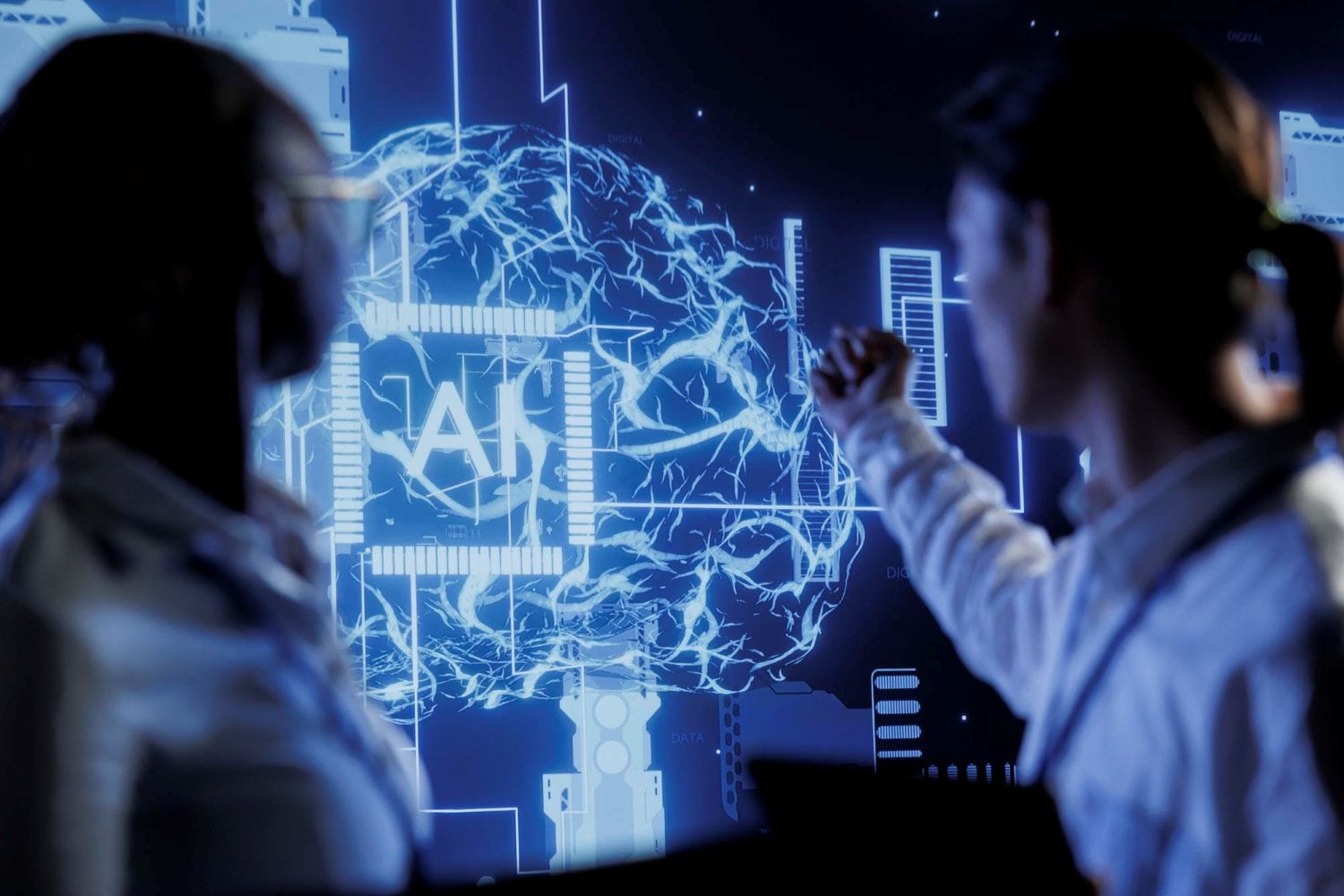The World Economic Forum emphasizes the role of agentic AI in the evolution of employment: from personalized training to the reinvention of work models, enhancing employability along the way.
The transformation of the global labor market is underway, driven not only by technological or demographic trends but also by how teaching and learning occur within organizations. According to the latest Future of Jobs Report 2025 from the World Economic Forum, agentic AI—an evolution of artificial intelligence that acts autonomously, informed, and contextually—will be key to redesigning the work experience, especially in continuous learning environments.
What is agentic AI and why does it matter?
Unlike conventional generative AI, agentic AI combines historical data, natural language instructions, and business context to make precise decisions and act autonomously. For example, this capability allows an educational platform to automatically detect what skills an employee needs, suggest a tailored training pathway, and, after completing the learning, communicate this to the HR team to activate the next step.
This approach not only improves efficiency in training processes but also personalizes training according to business needs and employee aspirations, making learning a smooth, strategic, and performance-oriented experience.
Data that confirms the shift
The World Economic Forum’s report is based on surveys of over 1,000 global companies from 22 sectors and 55 economies, representing more than 14 million workers. Among its findings:
- 39% of current skills will be obsolete between 2025 and 2030.
- Skill instability has decreased from 57% in 2020 to 44% in 2023 thanks to reskilling and upskilling programs.
- Remote work is expected to reach 90 million positions by 2030.
- AI will save 78 million weekly hours in routine tasks in the U.S. by 2026.
These data points highlight the urgency for companies to adopt adaptive and automated training models, like those enabled by agentic AI.
Tangible benefits for the labor ecosystem
The application of agentic AI in EdTech platforms brings multiple advantages:
- Improved learning performance through personalized content, adaptive tests, and progress tracking.
- Automation of teaching tasks, allowing teachers to generate summaries, flashcards, and assessments more easily.
- Fostering soft skills like analytical thinking, flexibility, and resilience.
- Identification of talent gaps through psychometric assessments integrated into the training process.
Moreover, platforms like Pearson+ and other e-learning environments are already demonstrating how the use of AI enhances active participation, improves knowledge retention, and accelerates the practical application of what has been learned.
Redefining work and talent with AI
Agentic AI enables imagining new ways of working: autonomous, flexible, and competency-based. It’s no longer just about optimizing processes or tasks, but about rethinking job roles, designing new positions from scratch, and aligning workforce skills with strategic business goals.
This approach directly impacts:
- Workforce planning.
- Talent acquisition and retention.
- Designing personalized career paths.
At the same time, it fosters an environment where workers have more autonomy, are empowered through continuous learning, and can adapt to the ever-evolving market.
Conclusion: from knowledge to growth
Personalized, scalable, and AI-driven learning is not a utopia; it’s a necessity. In an increasingly automated and digital work environment, the success of companies and professionals will depend on their ability to continuously reinvent themselves.
Agentic AI not only provides the tools to do so but also paves the way for a new knowledge economy that is more resilient, inclusive, and prepared for future challenges.
For tomorrow’s employers, building a knowledge-based workforce will be essential, not optional.
Source: WE Forum

